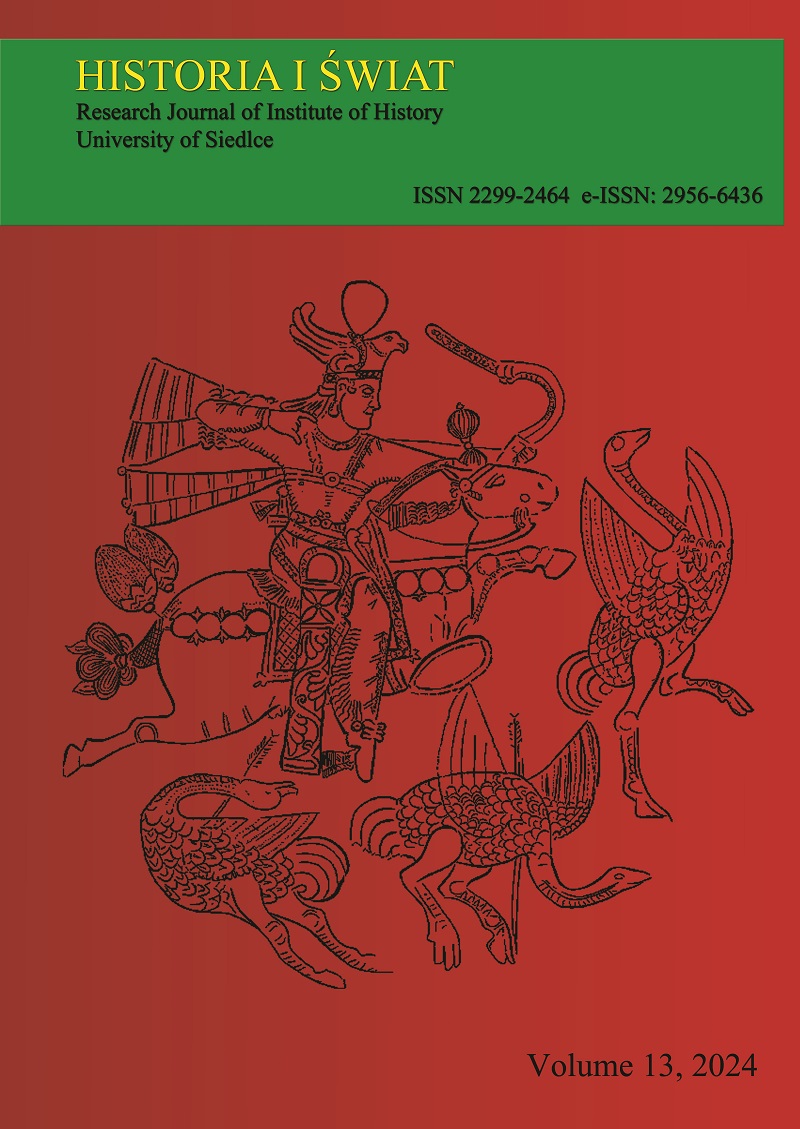Cooperation of the Lublin Triangle in the context of security threats in the region of Central and Eastern Europe
DOI:
https://doi.org/10.34739/his.2024.13.27Keywords:
Lublin Triangle, Threats, Border, Belarus, Lithuania, Poland, UkraineAbstract
The purpose of this article is to outline the new multidimensional format of cooperation between Poland, Lithuania, and Ukraine. The Lublin Triangle is a trilateral regional alliance between Poland, Lithuania, and Ukraine established in Lublin on 28 July 2020. The initiative relates to cooperation across the power, infrastructure, security and cultural sectors with an aim to strengthen dialogue between the states and reinforce efforts to restore Ukraine’s territorial integrity and support its integration into the European Union (EU) and the North Atlantic Treaty Organization (NATO). Some of the factors driving this new format of cooperation include the growing migrant crisis; increasing importance of the internal and external security in the EU states; Ukraine’s pursuit of EU integration, especially after the Ukraine war outbreak; and strengthening of national states within the EU. The states concerned have turned back to their legacy capital which is and has been the same regional affiliation and, thus, the geographical proximity, shared past, culture, and common interests.
Downloads
Downloads
Published
Issue
Section
License
Copyright (c) 2024 Historia i Świat

This work is licensed under a Creative Commons Attribution-NoDerivatives 4.0 International License.




